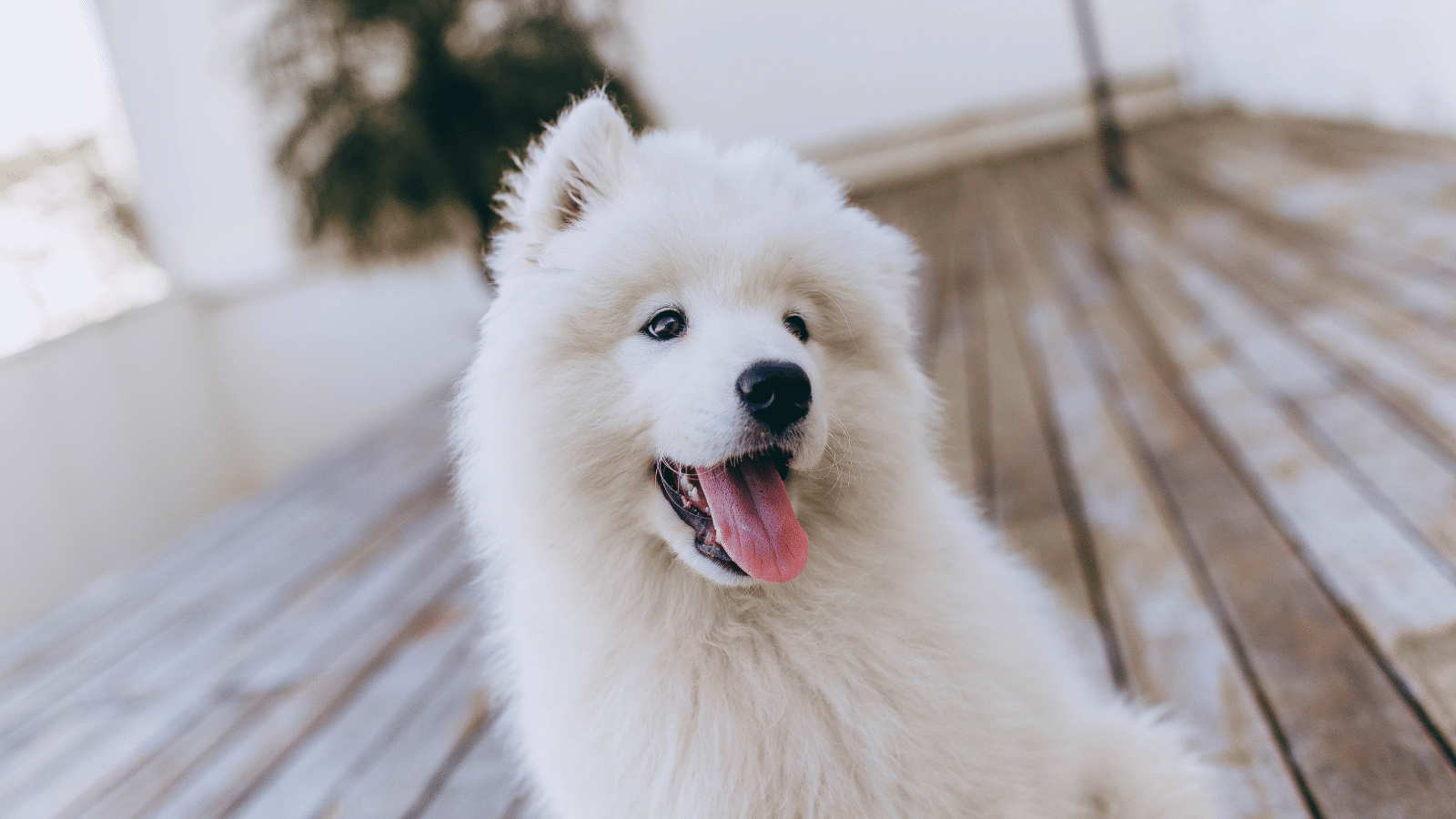That extra scoop of kibble. More treats here and there. Skipping the evening walk because it’s been a long day. These things might seem harmless in the moment, but over time, they can contribute to weight gain in your pet. 49th Street Veterinary Clinic wants pet owners to understand how obesity in cats and dogs is a gateway to more severe health problems, including diabetes. Stop obesity and weight-based diabetes before they start by keeping your pet in their healthiest shape.
Why Obesity Puts Pets at Risk for Diabetes
Obesity affects how a pet’s body functions on a hormonal level. Over time, the excess weight can cause insulin resistance or other conditions like pancreatitis, which, in turn, can lead to diabetes in dogs and cats. The risk for diabetes development is especially high in older pets or those taking certain long-term medications like steroids. While not every overweight pet develops diabetes, the risk climbs significantly when pets become obese.
Recognizing if Your Pet Is Overweight
Weight issues in pets often sneak up slowly. Pet owners may not even notice at first, especially under layers of fur. There are some tip-offs to look out for.
- You can’t easily feel your pet’s ribs without pressing down firmly.
- There’s no visible waist when viewed from above.
- Your pet tires quickly or avoids physical activity.
- Your vet has mentioned a “higher-than-ideal” weight during visits.
If any of these sound familiar, it’s time to think about weight loss for your pet, which should always be carried out under veterinary guidance.
Keeping Your Pet at a Healthy Weight
Pet obesity is preventable and reversible. The following are some general guidelines for how to help your pet lose weight.
Stick to Measured Meals
Use a measuring cup or food scale to prevent yourself from accidentally overfeeding your animal companion.
Limit Treats
Treats should be a very small portion of your pet’s daily calories. Look for healthy, low-calorie options or use praise and play as rewards.
Choose Nutrient-Dense Foods
Ask your vet about food that’s balanced and meant for your pet’s age and activity level.
Increase Daily Movement
Daily walks, playtime, or indoor climbing toys (especially for cats) go a long way towards keeping a pet healthy. If your cat or dog hasn’t been very active or has a medical condition that makes movement difficult, ask a veterinarian for safe options.
Schedule Routine Wellness Checks
A vet practice, like 49th Street Veterinary Clinic, will track your pet’s weight and offer guidance to maintain a healthy balance. Schedule a veterinary exam at least once a year that includes diagnostics. Testing, such as blood work and a urinalysis, sets a health baseline and can catch issues that indicate a health condition like pet diabetes.
Guidance for Pet Weight Loss in Durant, OK
By keeping your pet at a healthy weight, you’re decreasing the chances of them developing serious medical conditions like diabetes. 49th Street Veterinary Clinic has weight management services for pets in Durant and from nearby Oklahoma communities. Schedule a weight and wellness consultation at 49th Street Veterinary Clinic. Your animal companion can reach a healthier weight with a little guidance and some lifestyle changes.


